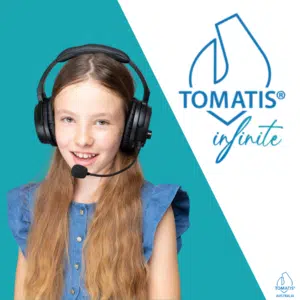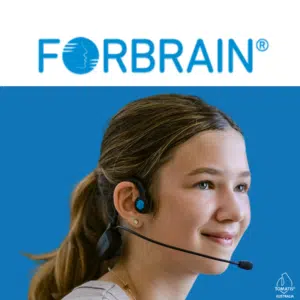Francis was born to Helen and John after several challenges with fertility and pregnancy. The couple was super happy when they finally had their baby. But they soon noticed that their son, Francis, was showing signs of something called Auditory Processing Disorder (APD). This meant that as Francis grew, he found it hard to understand sounds.
Despite his struggles, Francis started speaking early, which was a relief for his parents. However, they soon realised that he was barely comprehensible and used jargon that only his mom could understand. His speech therapy did not show promising results, which was baffling considering he started early at the age of only two and a half years. This was a source of frustration for Francis as he struggled to communicate with others. His self-esteem took a hit, and he started to withdraw from social situations.
As Francis grew older, he continued to speak inaudibly, and when asked to repeat himself, he would shut off entirely. This made it difficult for him to make friends or connect with others, and he often felt isolated and alone.
As Francis entered his classroom, he faced a whole new set of challenges. Keeping up with the teacher, the lessons, and group activities was a struggle for him. He would often miss important instructions or misunderstand assignments, causing him to fall behind. One question he particularly dreaded in the classroom was when the teacher asked him, “Who is your best friend?” At the age of 7, he had no friends, let alone a best friend.
Why did Francis face these issues? Did he have difficulty hearing? Were there some other reasons? Most importantly, was there a solution to his problems? Let’s find out.






